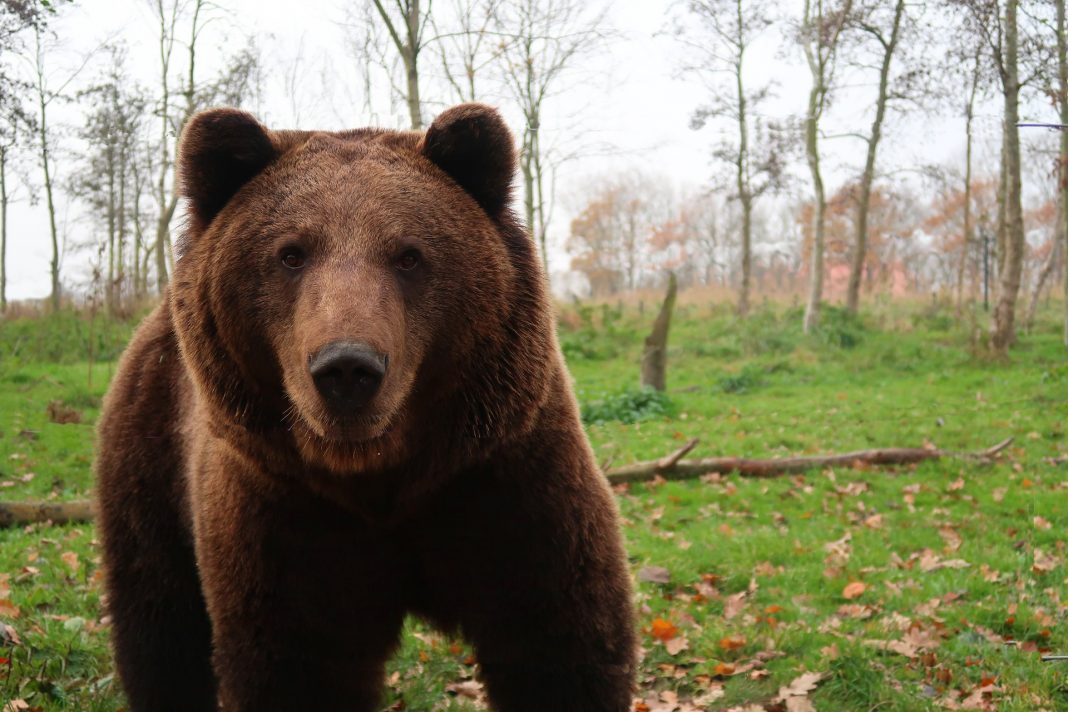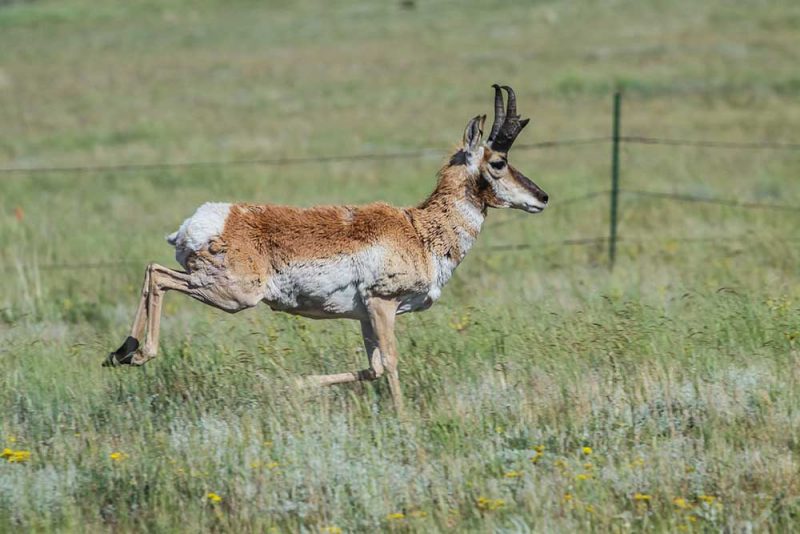The battle over delisting grizzly bears is working out exactly how environmentalists want. Grizzly bear monitoring reports now show that the bears have expanded their range by 34% in the last decade.
In the past two years, bears in the Yellowstone region of Montana, Wyoming, and Idaho have expanded their territory by 1,500 square miles. This means there is now 27,000 square miles of grizzly inhabited territory.
As they expand, more and more bears make their way to private land. This means livestock and human conflicts are becoming increasingly common. Frank van Manen with the U.S. Geological Survey says, “Not all grizzly bears are livestock killers, but of course, it only takes a few to do potentially quite a bit of killing.”
Because of the current court battles, it will be years before bears can be hunted regardless of the damage they do.
PAST COURT RULINGS
In 2017 the Trump administration attempted to remove protections for Grizzly Bears. The U.S. Fish and Wildlife Service says that the recovery efforts have been a success and it is time for management to be turned over to the states. In 2018, Wyoming and Idaho planned for grizzly bear hunts. Just days before the season was set to open though, U.S. District Judge Dana Christensen ruled that grizzly bears were to remain protected. He condemned the USFWS for not considering how removing protections would affect future recovery efforts in other states.
Since then, Wyoming passed a law that would allow for state management of grizzly. It also added a provision where problem grizzly bears could be relocated to other states – specifically California. The Wyoming Game and Fish commission recognized the new law as strictly symbolic and chose not to enact a grizzly hunt. They said the Endangered Species Act was a federal law that would trump state laws. By allowing for a hunt, they were putting hunters in danger of being prosecuted.
CURRENT BATTLES
Then in April of this year, the Center for Biological Diversity announced their intent to sue the USFWS. They claim the USFWS has mishandled grizzly bear management. They went on to say that for grizzly to be considered fully recovered they need to be present in all historic areas possible. This would include territory from California to the Grand Canyon in Arizona.
In addition, a bill was presented to the U.S. House of Representatives requesting that hunting of grizzly bear be permanently banned. Lynnette Grey Bull, a spokeswoman for the Wind River Indian Reservation’s Northern Arapaho Elders Society, said the bears have cultural and spiritual importance to Native American culture. The bill would also require states to ask permission from the federal government and tribes before euthanizing problem bears.
USFWS RESPONDS
Finally, the USFWS has appealed the 2018 court ruling. They conceded that the piecemeal approach to delisting the bears could be a problem. They said they have started work to explain the effects of lifting protections. The went on to say though that the requirement that the USFWS provides a “comprehensive review of the entire listed species” was far beyond what was required by federal law.
As of now, that is where the battle stands. It will be years at best before a grizzly bear hunt will be allowed in any state. What do you think of the Grizzly Bear battle?















